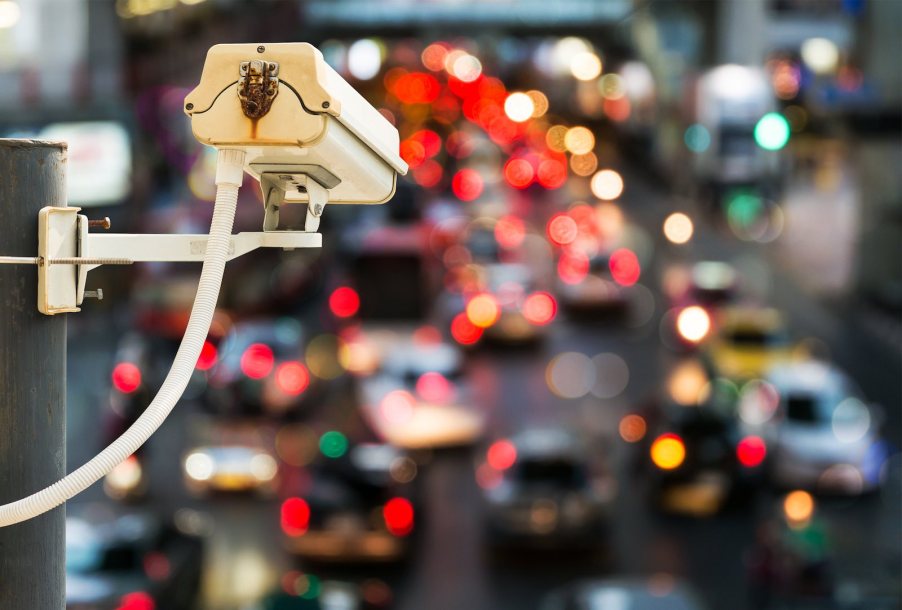
10 States Have Banned Traffic Cameras Giving Automated Tickets
Have you ever been mailed a traffic ticket alongside a photo of your car speeding or running a light? An increasing number of drivers are finding themselves in this situation.
Those in favor of traffic cameras giving automated tickets say it saves taxpayer money or allows police forces to focus on other things. But an increasing number of states are voting down this enforcement method. And honestly, I can see why. Speed limits and other traffic laws are written so a police officer can choose whether to ticket you. It takes some judgement to know just how safe or unsafe you were being in the moment because there are usually factors to consider beyond your precise speed.
Here are the states that prohibit using automated recording equipment to enforce laws and/or issue tickets: Mississippi, Montana, New Hampshire, New Jersey, South Carolina, South Dakota, Texas, West Virginia, and Wisconsin. Maine is the tenth state because it prohibits surveillance cameras of any kind outside of toll plazas. Iowa may soon become number 11.

A number of states only allow them in specific situations, such as road work sites or school zones. Arkansas allows ticketing via traffic cameras, but only in school zones, railroad crossings, or work zones. And only when a police officer is present. Ohio also requires a police officer to be present. Nevada specifies that cameras can only be on police cars, in a police-owned facility, or on a police officer’s person.
This is a fairly common middle ground. If a police officer must be present, than they can use the camera footage as a tool, but can’t automate ticketing.
There are many other states with unique laws. Louisiana specifies that a conviction via camera cannot become part of your driving record. Iowa has no statewide law, so automated ticketing is currently allowed under certain local ordinances. But that may change soon.
Iowa is voting on a state senate bill that has two major components: first of all it would outlaw automated ticketing via traffic camera, secondly it would make it illegal to hold your phone while driving.
New York State limits traffic cameras to school zones, but New York City is experimenting with cameras ticketing drivers for cars that are too loud. That’s right, the city is experimenting with traffic cameras that also have a microphone. Above a certain decibel level they turn on, photograph your license plate, and mail you a ticket.
The surveillance technology used for toll plazas and by police are called automatic license plate reader (ALPR) systems. They have come under fire by groups such as the ACLU because many of the camera manufacturers save your driving data to sell later.
Next, find out more about how ALPR systems work, or whether the government actually records everywhere you drive.
You can learn more about the concerns ALPR systems are raising in the video below:







